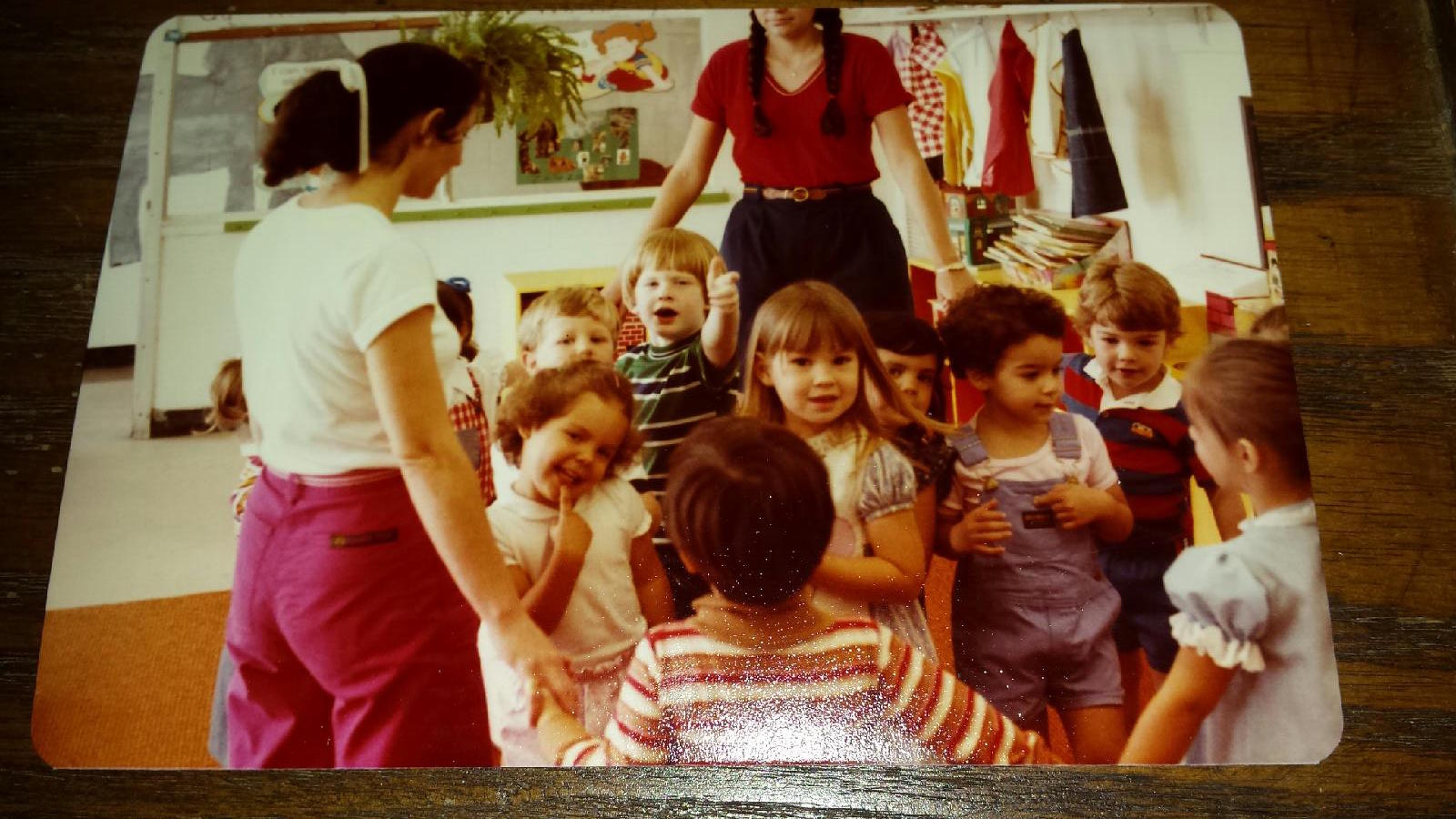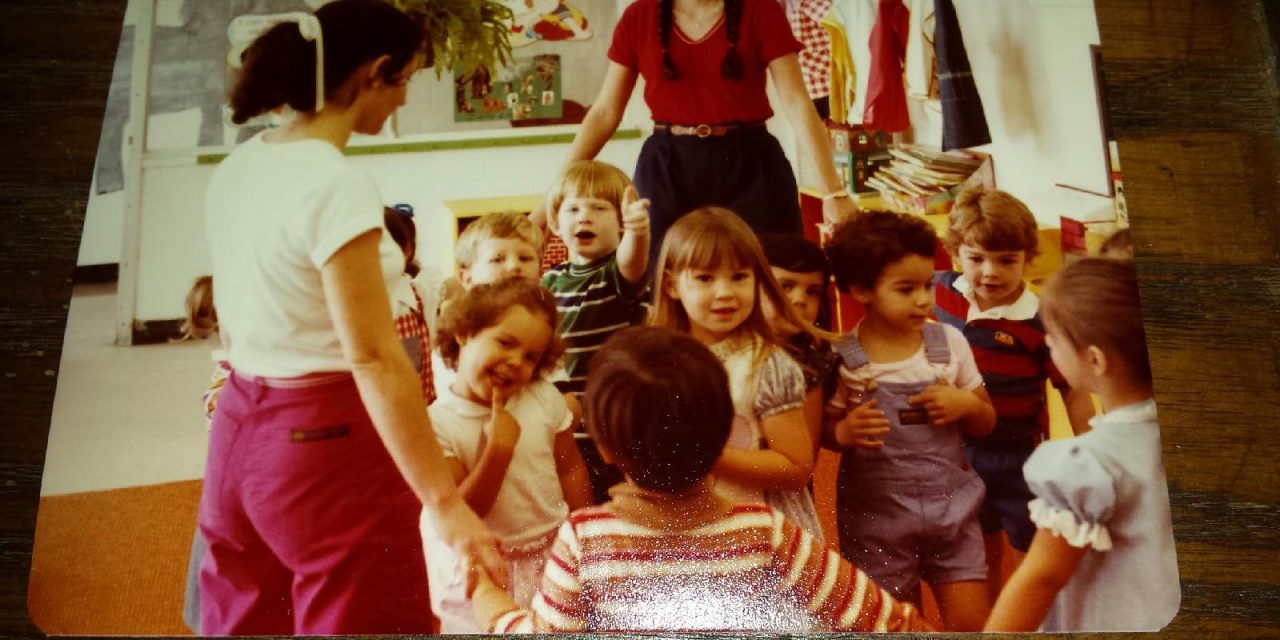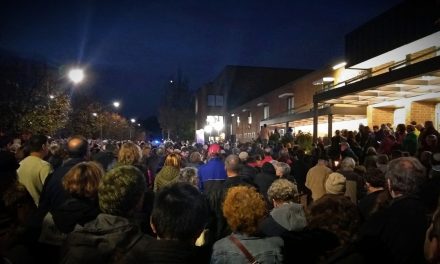“Number One, I’m the least anti-Semitic person you’ve ever seen in your entire life,” said the U.S. President.
This is what our President said to a Jewish reporter. Then the President told him to “sit down” after the reporter asked the President about his response to hate crimes against Jewish communities. That was February 17 in a news conference full of non-answers. Now, on March, 3, over 100 Jewish Community Centers have experienced bomb threats. Shaken and confused, Jewish families are wondering what this means. And what should a Catholic response look like? In my view, what Mr. Trump said Tuesday night was better than silence, but still not enough.
“Recent threats targeting Jewish community centers and vandalism of Jewish cemeteries, as well as last week’s shooting in Kansas City, remind us that while we may be a nation divided on policies, we are a country that stands united in condemning hate and evil in all its forms,” Trump said during his address to a joint session of Congress.
From a Catholic theological perspective, it is imperative to call out hate when we see it. Injustices against our Jewish sisters and brothers must be named and resisted. The USCCB has, for decades now, emphasized the need to eradicate anti-Semitism from Catholic consciousness. Implementing the Second Vatican Council, the Secretariat for Catholic-Jewish Relations wrote in 1985:
The call of the council to a dialogical encounter with Jews may be seen as one of the more important fruits of the spirit of renewal generated by the council in its deliberations and decrees. The council’s call is an acknowledgement of the conflicts and tensions that have separated Christians and Jews through the centuries and of the Church’s determination, as far as possible, to eliminate them. It serves both in word and action as a recognition of the manifold sufferings and injustices inflicted upon the Jewish people by Christians in our own times as well as in the past. It speaks from the highest level of the Church’s authority to serve notice that injustices directed against the Jews at any time from any source can never receive Catholic sanction or support.
In 2000, the USCCB elaborated in Catholic Teaching on The Shoah: Implementing the Holy See’s We Remember. There, the bishops acknowledge that Christian anti-Judaism laid the groundwork for racial, genocidal anti-semitism “by stigmatizing not only Judaism but Jews themselves for opprobrium and contempt” (10). They take seriously the historical reality of Christian complicity in the death of six million Jews in The Shoah. The bishops encourage mutual understanding, dialogue, and cooperation. They call anti-Semitism “a most serious sin.” Citing We Remember, they say, “It is not a matter of mere words, but indeed of binding commitment… We wish to turn awareness of past sins into a firm resolve to build a new future in which there will be no more anti-Judaism among Christians.”
Taking responsibility for anti-Semitism is not easy. Lent is a good time to remember our sinfulness and to call upon God’s mercy. And there is plenty of sin for which Christians must repent. The USCCB goes on: “The polemical teachings of the Church Fathers against Judaism that began in the second century and the sever persecutions of the Jews that so marred the second millennium were so pervasive over time that the consciences of twentieth-century Christians were ‘lulled.’ … Too few Christians [were] capable of resisting the virus of anti-Semitism propagated by Nazism.” For this, Pope John Paul II called for an act of repentance (teshuvah), “since as members of the Church we are linked to the sins as well as the merits of all her children.”
Today, solidarity with our Jewish sisters and brothers requires outreach of support when their community centers are inundated by anonymous bomb threats, the willingness to express outrage when cemeteries are vandalized, and the tenacity to hold our President accountable in the weeks and months ahead.
My outrage at the threats of violence and my empathy for the Jewish community comes not only from my theological convictions but also from my personal experiences of being nurtured as a child at the Jewish Community Center of Mobile, Alabama, and as someone who has family members and friends who are Jewish. From 1980 to 1982 I was a preschooler at the Jewish Community Center, first in Miss Birry’s class, and then in Miss Helen’s class. Mrs. Nancy Silverboard was the Director of the JCC at the time.
 Jewish Community Center Preschool, Mobile, Alabama, 1982.
Jewish Community Center Preschool, Mobile, Alabama, 1982.
I have not kept in touch with these teachers over the years, and I have no idea where they are now, but when I was driving home today and heard of another bomb threat at a Jewish Community Center that required the evacuation of the center, which led to dripping-wet elderly women on the sidewalk after the abrupt end of their water aerobics class, alongside scared children whose parents rushed from work to pick them up and carry then away to safety, I wept.
I wish I could say that my campus community was a place of safety and unambiguous solidarity during this time of anti-Semitism, but even at my Catholic university we have recently discovered swastikas in campus bathrooms. It seems to me that some in my country feel emboldened in the Trump era, perhaps sensing that the candidate who had no qualm about appealing to xenophobia and religious prejudice supports these acts of hatred.
There is so much work to be done to build bridges of understanding among people of different faiths in our country. Tikkun olam: repair the world.
As Rabbi Greenberg has so eloquently said,
We still have much work to do to repair a deeply broken world that is increasingly filled with suffering innocents, oppression, hatred, poverty, violence, and war. More than ever, religious people of good will must stand together against extremists.
We have so much work to do to repair trust in democratic institutions, defend freedom of the press, protect health care for the poor, fix a broken immigration system, adequately fund education… the list goes on. We must do this work together, finding places of common ground across communities of faith. Jewish Community Centers have been places of inclusion and community support for decades. I want my Jewish sisters and brothers to know that I stand with you.



